Functional mushrooms have many incredible health benefits, including boosting the immune system, reducing inflammation, and preventing chronic diseases. However, their potential role in fertility and infertility may come as a surprise to many. Recent research has shown that certain types of mushrooms may have beneficial effects on reproductive health. Medicinal mushrooms may regulate hormone levels, improve sperm quality, and enhance overall reproductive function.
When it comes to fertility and infertility, many couples turn to conventional medical treatments and procedures. However, there is a growing interest in holistic approaches to reproductive health, which address the physical, emotional, and spiritual aspects of fertility. One such approach is incorporating certain foods and supplements into your diet, including functional mushrooms.
Not only are mushrooms a delicious and nutritious addition to any meal, but medicinal mushroom supplements may also have a positive impact on holistic fertility. In this blog, we will explore the mushroom benefits for women, mushroom benefits for men, the best mushrooms for fertility and infertility, and how they may help improve reproductive health.
What is the Difference Between Fertility and Infertility?
Fertility refers to the natural ability of a person to conceive and produce offspring. It is the ability to reproduce without medical assistance. Infertility, on the other hand, refers to the inability to conceive or carry a pregnancy to term. Despite having frequent, unprotected sexual intercourse for a year or more.
Infertility can affect men or women and may result from various factors, such as hormonal imbalances, structural issues, genetics, or lifestyle factors.

How Do Lifestyle and Nutrition Affect Fertility?
Lifestyle and nutrition can have a significant impact on fertility in both men and women. Here are some ways that lifestyle and nutrition can affect fertility:
Body weight: Being overweight or underweight can disrupt hormonal balance and interfere with ovulation and sperm production. Maintaining a healthy weight can improve fertility.
Diet: A diet high in fruits, vegetables, whole grains, and lean proteins may improve fertility. Conversely, a diet high in processed foods, trans fats, and sugar may decrease fertility.
Exercise: Regular exercise can help maintain a healthy weight and improve fertility. However, excessive exercise or strenuous activities can disrupt hormonal balance and affect fertility.
Smoking: Smoking can damage sperm and eggs and decrease fertility. Quitting smoking can improve fertility.
Alcohol and caffeine: Excessive alcohol and caffeine consumption can reduce fertility in both men and women. Limiting alcohol and caffeine intake may improve fertility.
Stress: Chronic stress can disrupt hormonal balance and interfere with ovulation and sperm production. Managing stress through relaxation techniques, such as yoga or meditation, may improve fertility.
Here are the Two Best Mushrooms for Fertility and Infertility
In recent years, studies have shown that certain types of mushrooms, such as reishi and cordyceps, may have specific benefits for fertility and infertility. Let's explore the two best mushrooms for fertility and infertility.

Reishi Mushroom
Research on Reishi mushrooms has illustrated a potentially positive effect on both male and female fertility. Oxidative stress occurs when there is an overabundance of reactive oxygen species or a deficiency in antioxidants and has been linked to infertility, including sperm damage and male infertility [1].
In a study on middle-aged male mice, Reishi administration resulted in increased levels of serum testosterone, cell proliferation, and sperm-specific lactate dehydrogenase (LDH-C4), while the levels of age-related protein cellular death were decreased [2]. There have been links to male fertility in LDH-C4 defects, along with the other factors. Additionally, the level of reactive oxygen species and the pro-apoptotic (cell death) protein Bax were decreased, while the anti-apoptotic proteins were increased [2].
Overall, the study found that the group treated with Reishi had improvements in testicular function and structure. This is due to Reishi’s ability to alleviate oxidative stress, maintain mitochondrial homeostasis and reduce cellular apoptosis.
Reishi mushrooms have also exhibited the ability to improve fertility in females through various mechanisms. One study found that by reducing levels of 5-alpha reductase, Reishi was able to prevent the conversion of testosterone into DHT, a more potent form of testosterone that may lead to masculinization in females [3]. Increased levels of androgens are implicated in conditions such as PCOS (Polycystic Ovary Syndrome). This may impact fertility due to irregular periods, lack of ovulation, and poor egg quality.
Additionally, Reishi has been found to contain beneficial terpene compounds that may increase the action of estrogen [4]. Estrogen is vital to fertility status as it acts at key points in the reproductive process in females, such as the development of the ovulatory follicles and triggering the mid-cycle pre-ovulatory surge of gonadotropins [5].
These studies illustrate that Reishi may be one of the best mushrooms for a hormone-balancing effect.

Cordyceps Militaris
Cordyceps militaris is a natural exercise mimetic. Although Cordyceps’ benefits for female fertility have been studied as well.
One study explored the effects of Cordyceps on female reproductive cells and found that when human granulosa-lutein cells were treated with Cordyceps, they produced more of the hormone 17-beta-estradiol (E2) in a dose- and time-dependent manner, which is important to egg maturation and preparation of the uterus for implantation [6].
The study also found that treatment with Cordyceps increased the expression of certain enzymes that are involved in the production of E2, including P450 side chain cleavage enzyme, 3-beta-hydroxysteroid dehydrogenase, and aromatase [6].
Additionally, Cordyceps treatment increased the levels of steroidogenic acute regulatory protein (StAR) and aromatase proteins, which are important for E2 production [6]. Overall, the study concluded that the increased production of E2 in response to Cordyceps treatment was due. At least in part, to the upregulation of StAR and aromatase expression, suggesting that Cordyceps may be one of the best mushrooms with the potential as a treatment to improve the success rate of in vitro fertilization.
What are the Best Mushroom Supplements to Take When Trying to Get Pregnant?
Eversio Wellness carries only 100% fruiting body mushroom extracts. We consistently practice transparency with our consumers by sharing the COAs (Certificate of Analysis) of each product. The COAs reassure our consumers that the percentage of compounds in our mushroom products is scientifically verified through lab testing.
Not only does the COA confirm the percentages of the beneficial constituents, but it also tests the heavy metal and microbial contents. You can be sure that you’re getting the best mushrooms possible. We are avid supporters of mushrooms for fertility and holistic ways to get pregnant.
If you have an interest in learning more about the best medicinal mushrooms, take a look at this page. From mushroom capsules to mushroom extract blends, you can find all the products that Eversio Wellness has to offer here.
As per Health Canada’s mushroom recommendations, the only mushrooms that do not have warnings for pregnancy or breastfeeding are Reishi and Shiitake. However, you should consult your doctor and healthcare provider before starting any dietary supplements, including Reishi, while pregnant.
We hope you have found this article informative. If you have any questions or comments, please feel free to leave them in the comment section below!
By Silvana Jakupovic — BSc and 4th Year Student of Naturopathic Medicine (CCNM-Boucher)



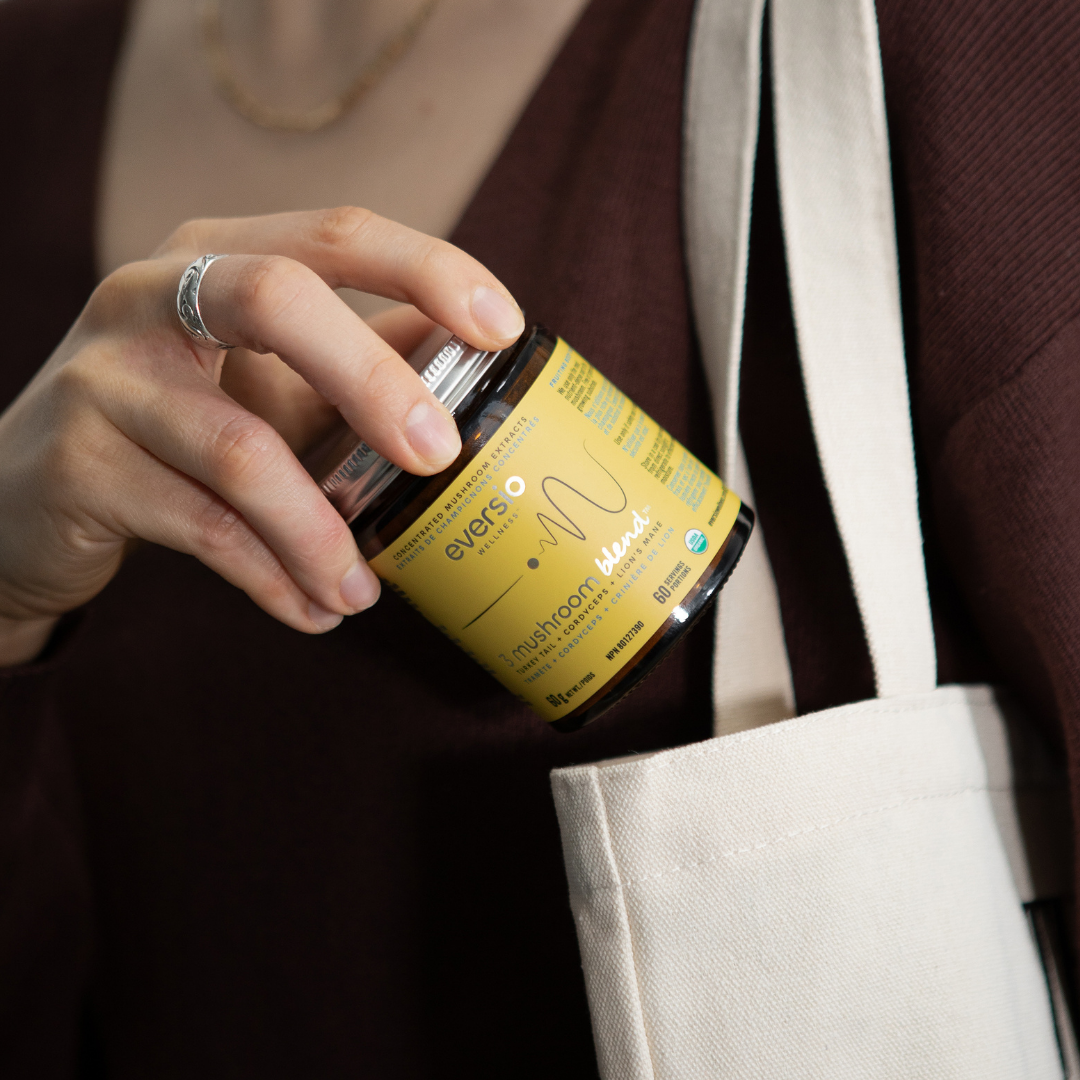

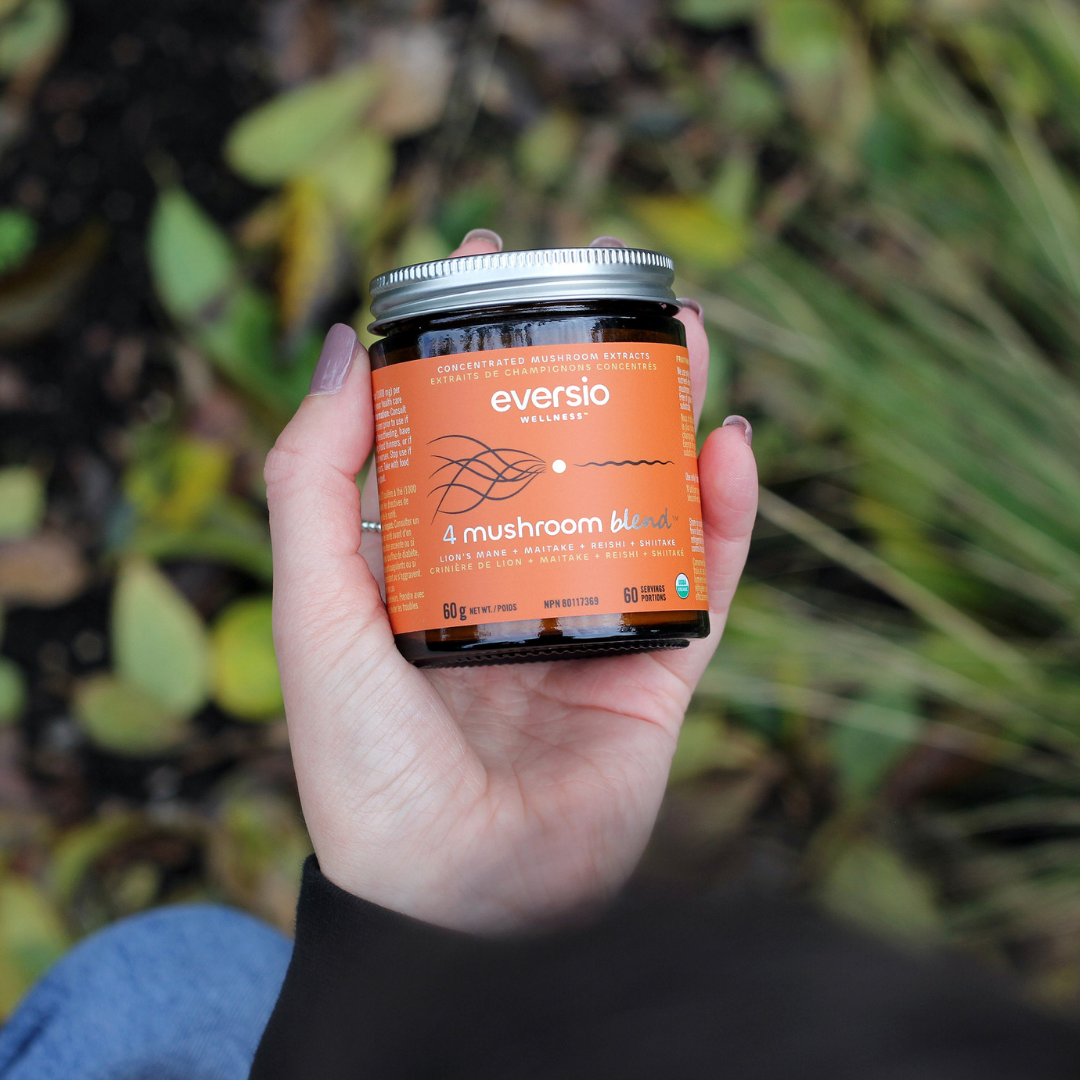

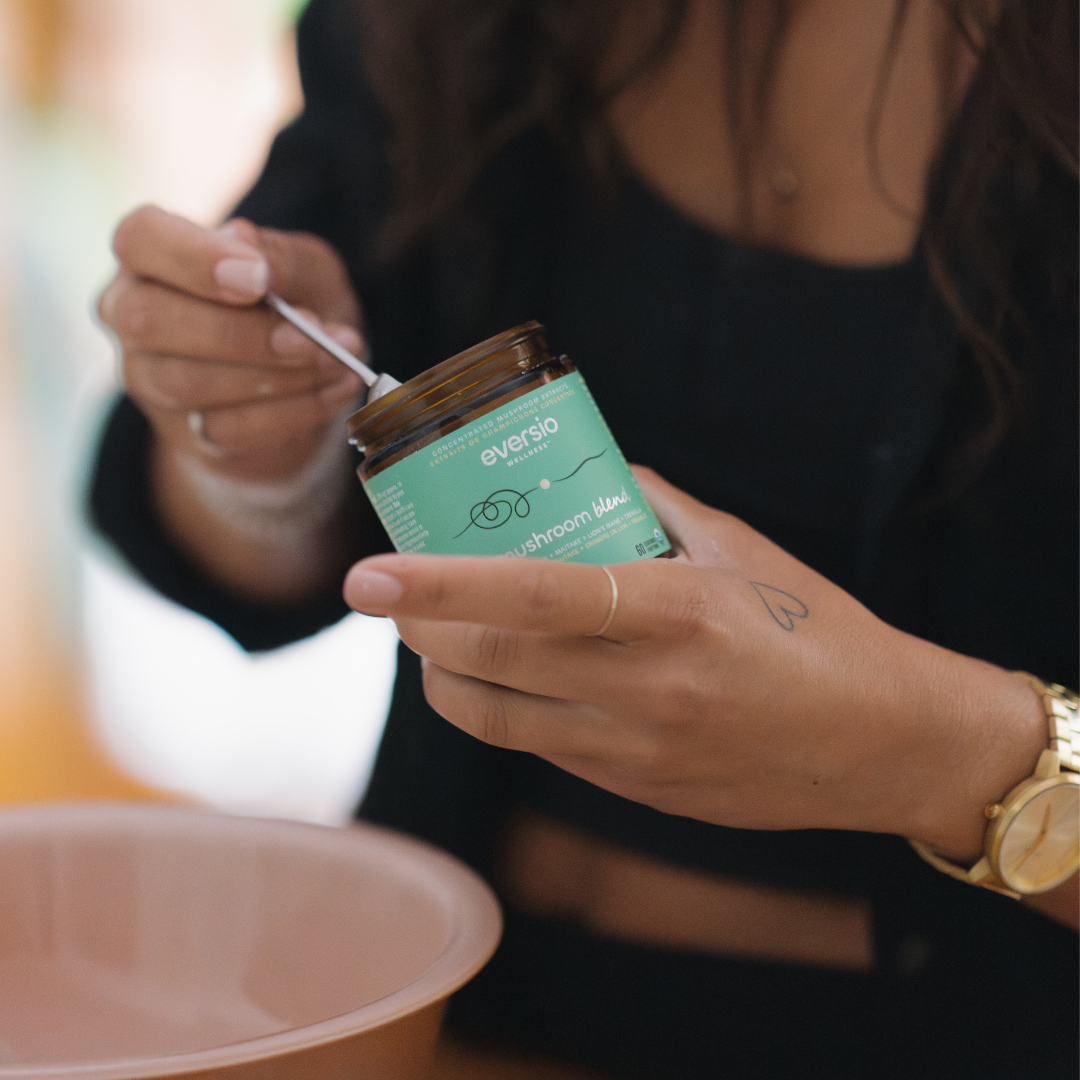

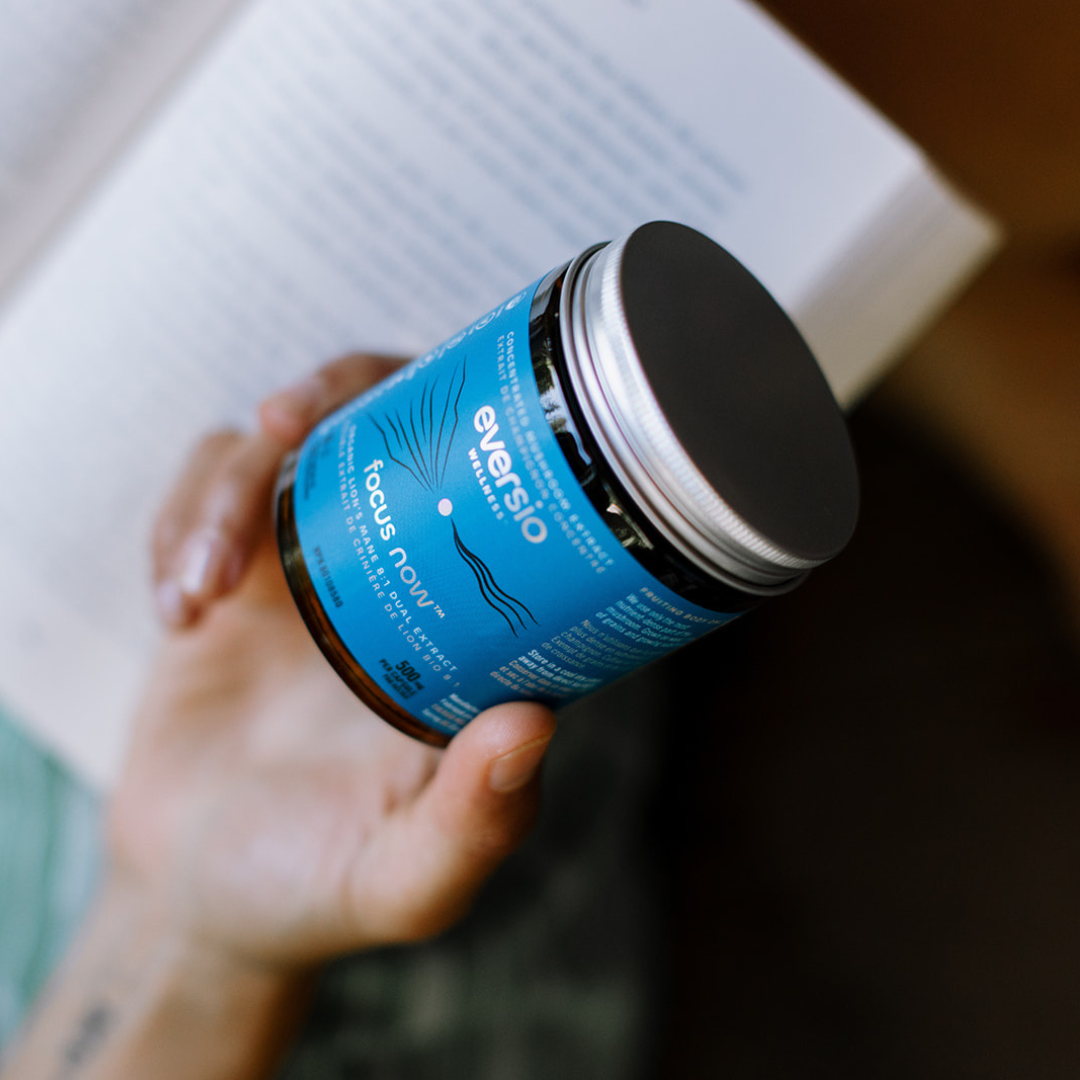

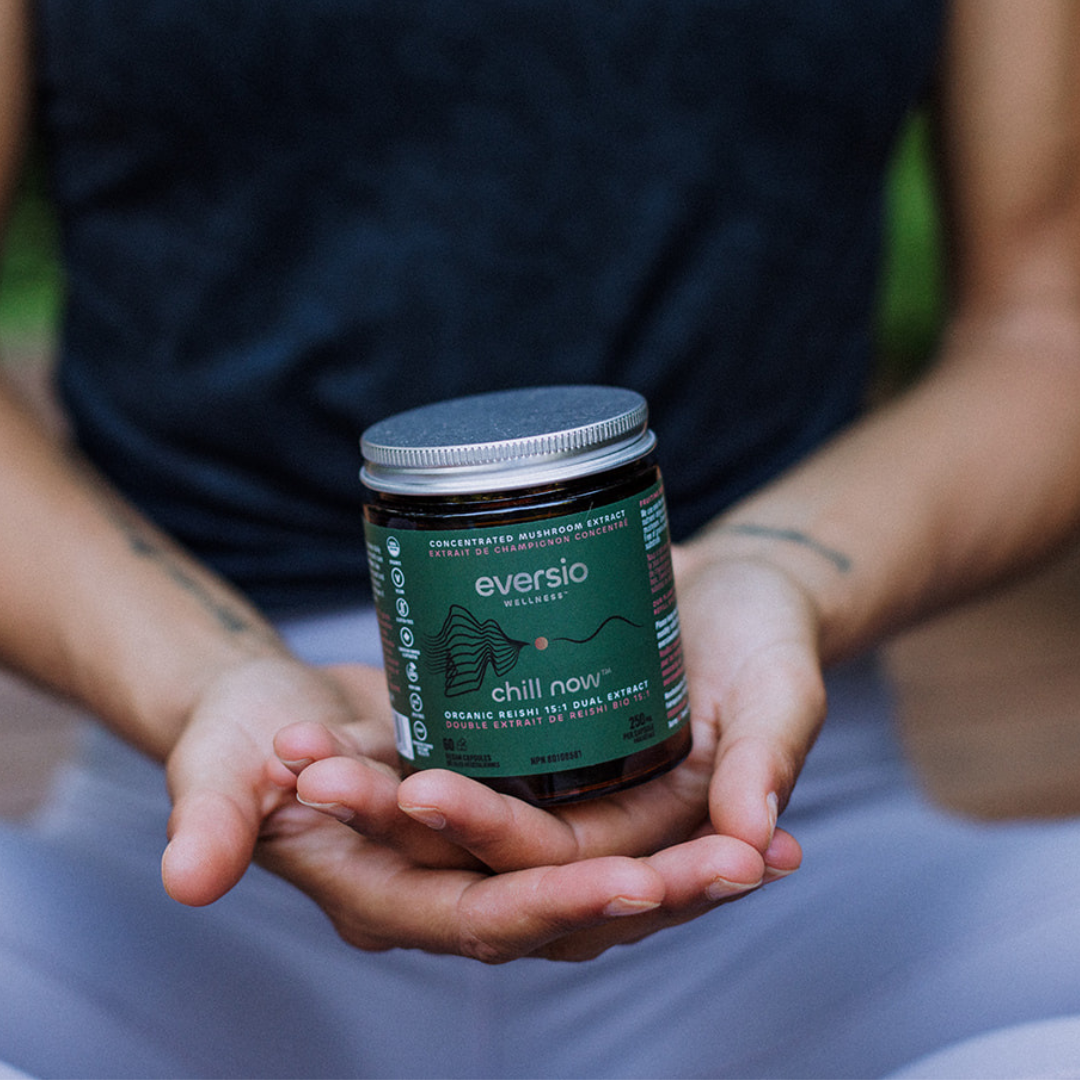
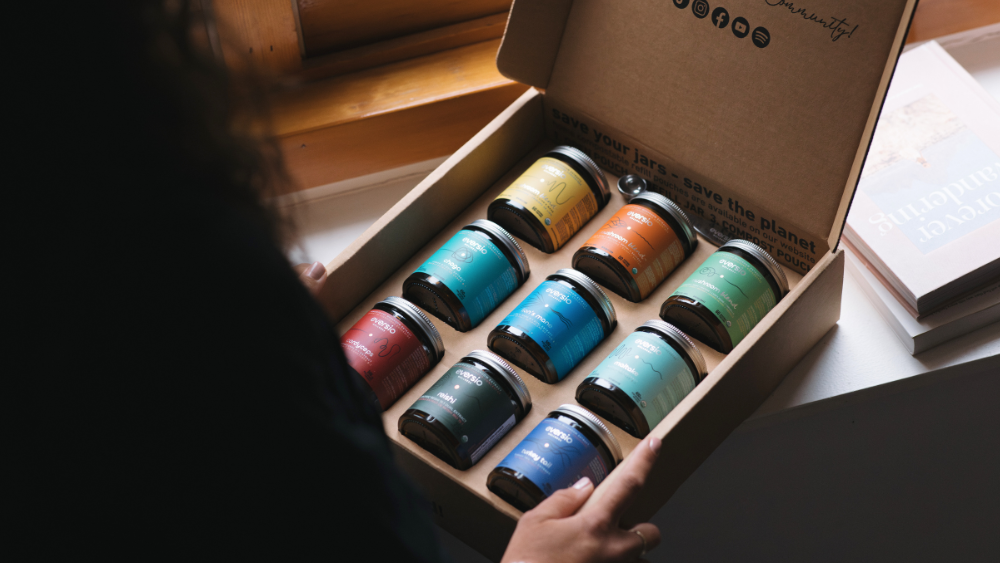







Leave a comment
All comments are moderated before being published.
This site is protected by hCaptcha and the hCaptcha Privacy Policy and Terms of Service apply.